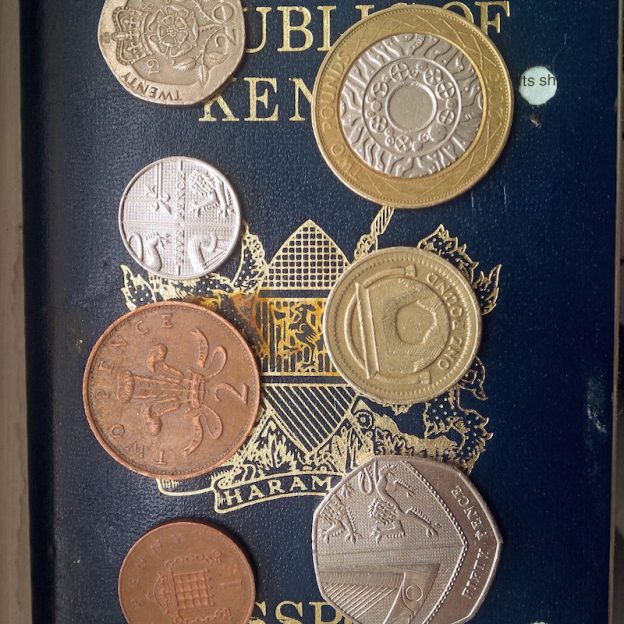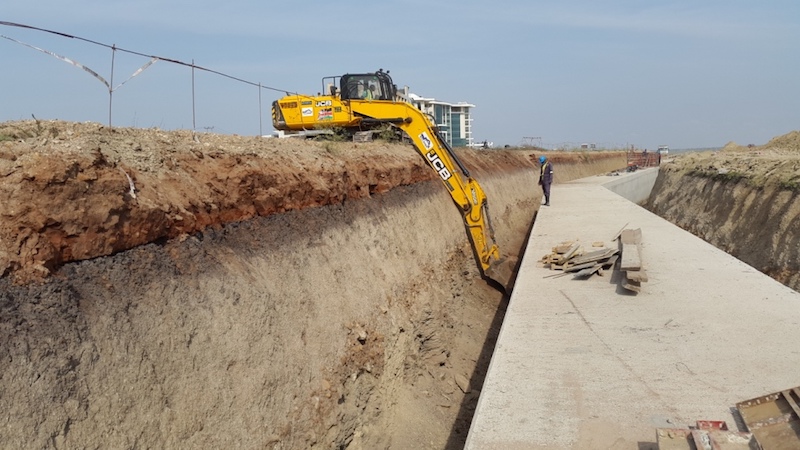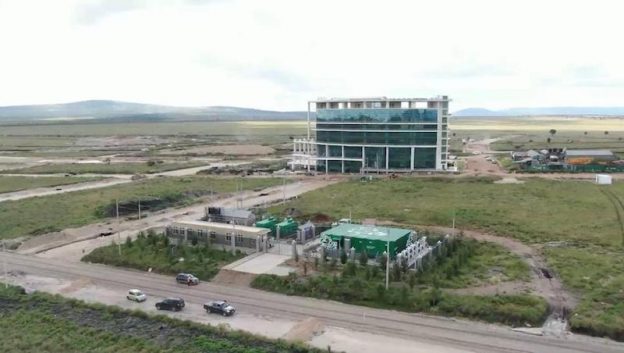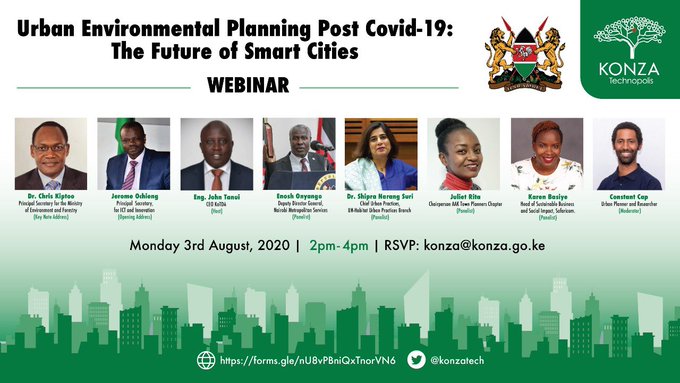New, and ongoing, opportunities to apply for.
- As part of their one-year anniversary celebrations, Absa Kenya has invited people to write in on “Wall of possibilities” of community-uplifting things that they would like to Bank to fund. Each idea may get up to Shs 2.5 million and the deadline is 5 March.
- Antler Global is seeking new startup companies to support with funding and mentoring. The Nairobi deadline is in April, and here’s a glimpse of the 2020 cohort at Antler.
- Nominate the Woman Entrepreneur You Admire Most to the COMESA 50 Million African Women Speak Platform.
- DFC, the U.S. International Development Finance Corporation is offering financing of between $3 million and $50 million to African companies in support of the continent’s COVID-19 recovery – via Asoko.
- The Forbes Africa 30 Under 30 Class of 2021 in categories for creatives, sports, and business and technology. Deadline is March 31.
- Apply for the 2021 Global Teacher Prize ($1 million) and the new sister award, the Chegg.org Global Student Prize ($50,000). Deadline is 30 April.
- The Hack the Normal hackathon takes place between 5 – 7 March 2021, invites participants to develop new products, services and business models with commercialization potential in these businesses and create solutions for financial challenges, sustainable living and healthy living.
- The new Kikao64 co-working hub at Eldoret has 50% discount for non-profits, athletes and startup businesses, while others who sign on through the end of April 2021, get discounts of 25%.
- The Konza innovation challenge offers $5,000 of funding for startups to pilot their innovations at the Konza Technopolis. Deadline is March 19.
- edit The Communication Authority of Kenya 2021 Kuza Awards rewards excellence in broadcasting. Regulatory awards are for compliance, local content, children & broadcasting, regional broadcaster, upcoming broadcaster and copyrights. Also, People Choice awards for favorite radio station, TV station, pay TV, news Radio station and TV station. This year has a theme for “Preserving our Heritage through Broadcasting (Kenya a Heritage of Splendour)”, and there is a Patriotic Award category with awards for Uzalendo Award (airing announcements on Covid-19) and Mzalendo Mkuu Award (educational content). SMS Kuza to 15601 to vote for free.
- Mask Art awards are open to schools and young people under 25 in categories of the school of the future, young entrepreneur and environmental activist. Deadline is April 1.
- The East Africa Maritime Awards (EAMA) recognize and award notable users of the Port of Mombasa. Organized by the Kenya Ports Authority, it is open to shipping, ports, services, engineering, and leisure marine industries with operations in Kenya, Uganda, Tanzania, Rwanda, Burundi, South Sudan, and the Democratic Republic of Congo (DRC). The deadline has been extended to March 31.
- edit From the MasterCard Foundation comes the Baobab’s Got Talent challenge, an exciting storytelling opportunity for young creatives (animation, graphic design, video production) in Africa. Deadline is March 15.
- From MIT Solve, the 2021 Global Challenge and Solve’s first US Challenge on Antiracist Technology are now open. Anyone anywhere can submit a solution to become part of the 2021 Solver class and access more than $1.5 million in funding.
- The National Museums of Kenya is seeking historical memorabilia on Kenya, from the year 1800. The items, including photos, film, memorabilia, weapons, musical instruments, farm tools, art, newspaper cuttings, passbooks, etc. can be donated or shared on a long-term loan basis. The deadline is 19 March.
- For the presidential candidate at ODM, the party is seeking a committed, passionate disciplined and dependable party member who can mount a successful campaign. The entry fee is Kshs 1 million and with a reduced amount of Shs 500,000 for women, youth or persons with disabilities. Deadline is 31 March.
- Post Office boxes are available across Kenya. Pick one up by March 31 and get a 30% discount.
- edit SEED, the Stanford Institute for Innovation in Developing Economies, partners with entrepreneurs (CEO’s / founders) in Africa and South Africa emerging markets to build thriving enterprises that transform lives. Applications deadline is April 15.
- edit The Eastern and Southern African Trade and Development Bank (TDB) and Asoko Insight have launched a Renewable Energy DealRoom to accelerate the financing of renewable energy projects in the region served by TDB.
- The Thunderbird School of Global Management is offering a unique scholarship for Africans to attend the online Masters of Applied Leadership & Management with a specialization in Public and Global Affairs starting on March 8, 2021. African students will pay a special tuition of $12,000, compared to $33,000 for other students, representing a scholarship of $21,000.
- The Tony Elumelu Foundation has the seventh round of its entrepreneurship program in which, with partners, they are seeking to boost 1,0000 businesses and also assist others to recover from Covid-19. This year, 1,000 businesses will receive $5,000 in seed capital, business training, mentorship, and global networking opportunities. Apply before March 31.
- edit The Visa Everywhere Initiative targets fintechs to join a global innovation program. Apply by May 7.
- edit Nominations for the Africa Food Prize 2021 are ongoing, a $100,000 celebration of African agriculture achievers.



